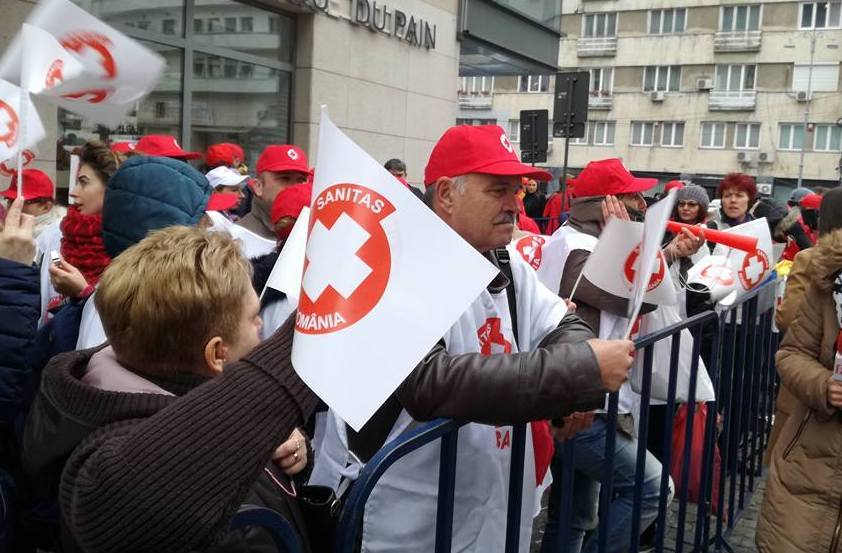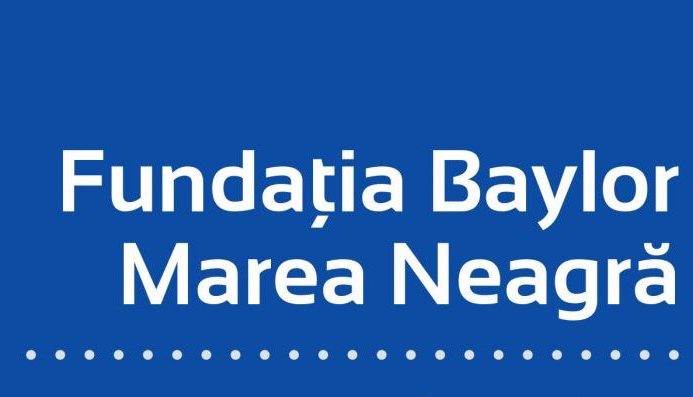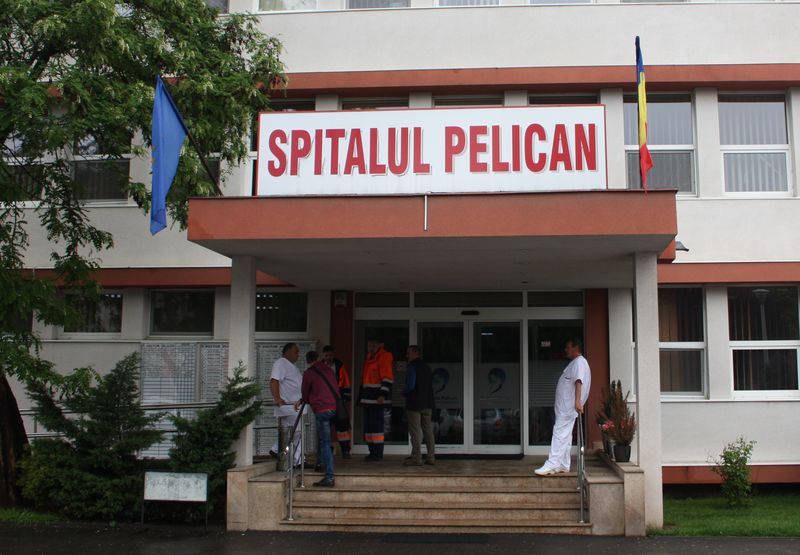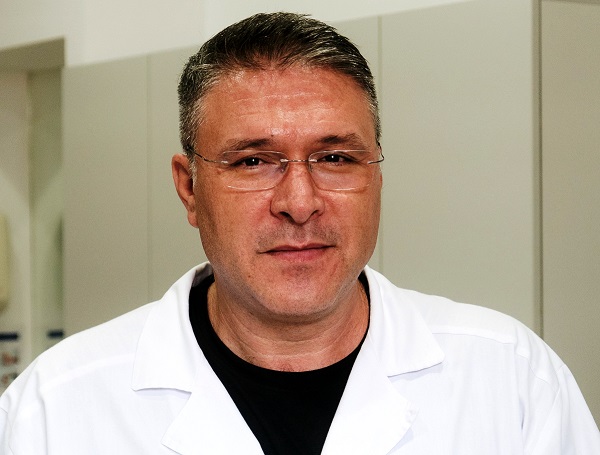Over 14,000 physicians, 28,000 nurses left Romania in 2009-2015

More than 14,000 physicians and 28,000 medical nurses have left Romania in 2009-2015, many of whom ending by working in different fields, said Viorel Husanu, president of the SANITAS Bucharest trade union, in an interview with Agerpress. In his opinion, the main problems the medical system is confronted with start with the excessive politicising. It came to even hire a section's head or a head nurse on political terms. Once the government is changed, they are sacked too. Then comes the underfunding, adds Husanu. We have asked the Health budget to reach somewhere at 6 percent from the gross domestic product. Currently it is somewhere at 4.6 percent of the GDP. Another problem used to be the employment policy, but it started to ameliorate in the past years, especially with 2015. In 2009, the Boc Government has blocked the hiring in the medical system and the social care. This stoppage plus the freezing of the salaries at the level of 2009 have led to the exodus of the physicians and medical nurses, says Husanu. The SANITAS head asserts that in 2016 very few medical staff has left the country, "I don't have the exact figure, but I can tell you the exact number of 2009-2015: 14,000 physicians and 28,000 nurses," he adds.
According to Husanu, currently, in Romania work 231,000 people in the medical system, of whom 23,000 - so rd 10 percent - are administrative office staff and 14,000 physicians in the public medical system. As regards the private system I don't have a number, he adds. It's hard to have a statistics since there are almost the same people working for the public system who also work in the private system. The latter has not many staff of their own. So, 14,000 physicians with the public system and almost 200,000 secondary and specialised education medical staff and other specialty staff, namely biologists, biochemists, pharmacists, receptionists, nurses, stretcher attendants.
After 27 years of trade union, the SANITAS has decided they should have a department capable to represent all professional categories, to participate in negotiations and talk in the name of all the interested parties. So, they are going to launch this department at around 20-21 March.
In order to develop the current medical system, Husanu says the system must firstly be depoliticised. The hospital manager should be appointed for an interim period in order to prove their competence. So, the political appointment should stop somewhere at the ministry's level, he adds.
The SANITAS head also says that the hospital's manager has to be allowed to decide what they do with the hospital's money if they check in less than their initial funds for hospitalisation or to be granted additional money if they have to receive and take care of more people than initially programmed through the annual budget. The manager has to be permitted to hire staff if they decide the need to, to administrate the funds the way they find it necessary for the welfare of that medical unit and of the patients. Therefore, a higher freedom to managing the hospital would solve the situation, says the SANITAS chief.
Viorel Husanu believes that the "envelope" practice in Romania's hospitals will die hard, since in the past 27 years no solution was found to cancel that bribe practice. He adds that it is the patients who have helped that bribing system happen, with no offence for anyone, says he.
The SANITAS head concludes that the medical staff will no longer leave the country once their incomes will grow.






